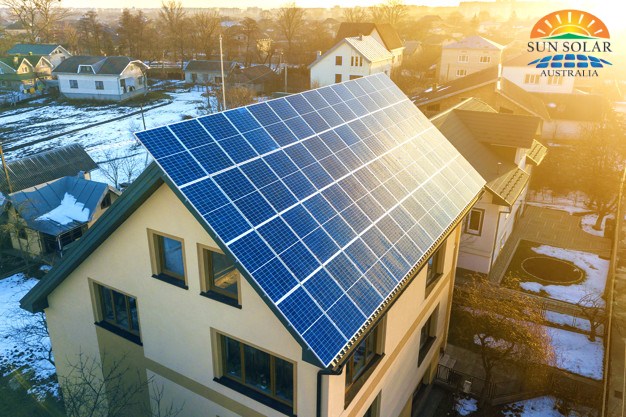So you have decided to get a solar panel for your house but not sure how to go for it? Well, first and foremost, you need to decide what your goals are. Here, by goals we mean how much energy you need to draw from it. Solar panels come in different shapes and sizes and the usage depends on the panel size and output factors. In the case of a normal house, residential solar panels are the best and the most widely used.
What are Solar Panel Systems?
A solar panel system is an assembly of interconnected, (also referred to as an array), of photovoltaic (PV) solar cells that capture and store the solar energy. This solar energy is then directly converted into electricity. Each individual solar panel or a module in the array consists of a bunch of solar cells held together in a metal frame.
Factors to Consider while getting a solar power system for your home
The next thing that follows the idea of getting a solar panel for your house is the list of essential factors that need to be considered depending on the size of your house and the usage. Sounds intricate? No worries, here is some help. Some of the key factors are listed down for your ease:
-
How many solar panels do you need?
To calculate how many solar panels you need, firstly you need to know the following – how much energy does your household consume, how much surface area of your roof is usable; the climatic condition and the peak sunlight in your area; the wattage and the relative efficiency of the panels you’re considering; and whether your house has a net metering.
-
How much Sunlight your house gets?
One of the hassle-free ways to calculate how many solar panels you need is measuring the amount of sunlight your roof gets; in that way you can easily calculate the requirement of solar panels by multiplying the hourly energy requirement of your house by the peak sunlight hours for your area and dividing that by a panel’s wattage.
-
Present Watts Usage
To find out the average usage of your house by simply taking a look at your electricity bill. Look for the usage of “Kilowatt Hours (or kWh)” or something similar, and then note the time period mentioned (usually 30 days). In case your bill doesn’t have the kilowatt-hours used section, check out the beginning and ending meter readings and subtract the previous reading from the most recent one.
-
The Quality of the Solar Panel
The solar panel quality does make a big difference and of course, not all solar panels are alike. Photovoltaic (PV) solar panels are the most common residential solar panels and its installations come in wattages ranging from about 150 watts to 370 watts per panel, depending on the panel size and efficiency and also on the cell technology.
On a closing note
Solar panels have no doubt taken the whole world by storm and deciding on which one is suitable for your house should not be an uphill battle. Just make sure that all the above points are fulfilled and in case you are still in a dilemma, you can always consult a professional solar installer.

